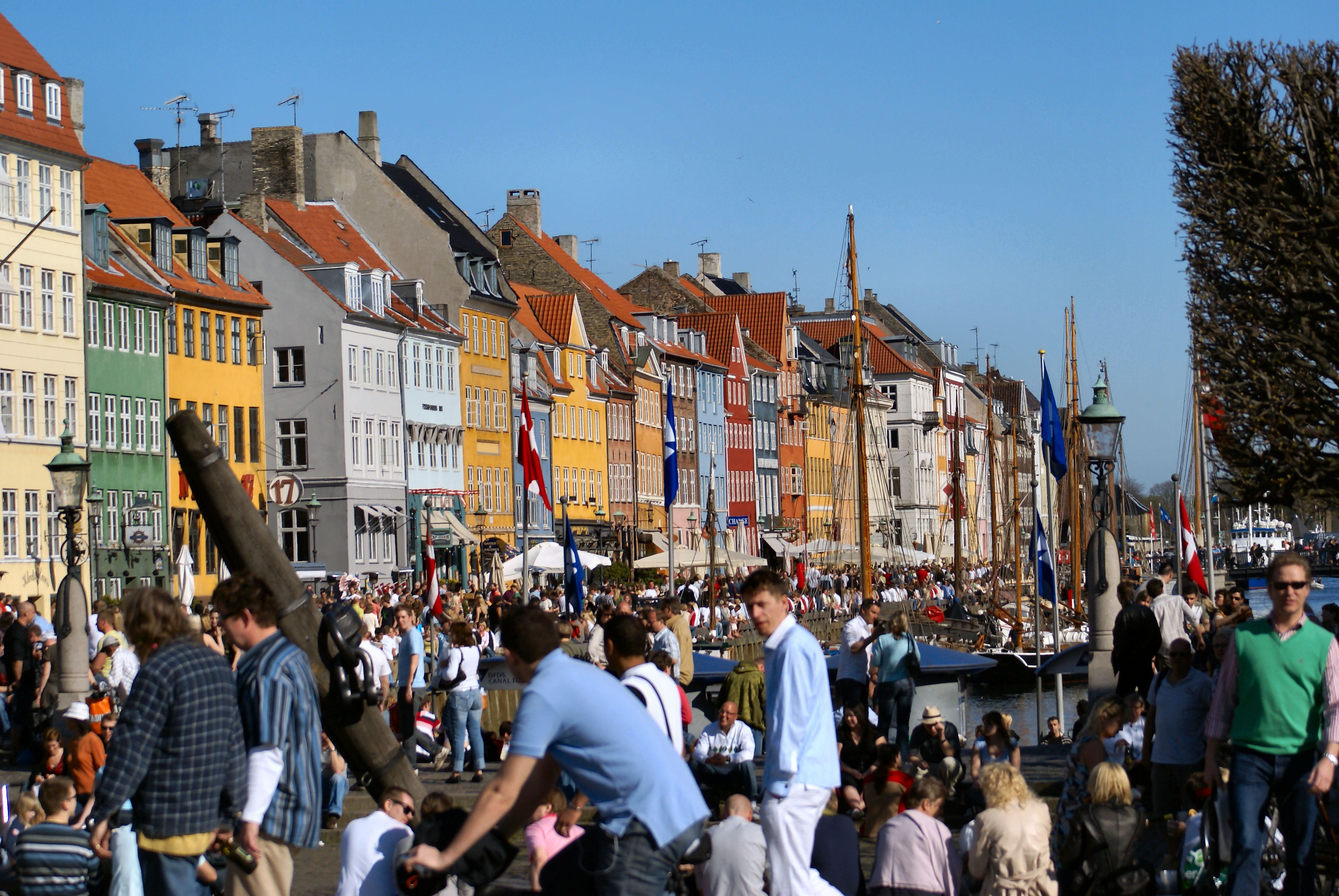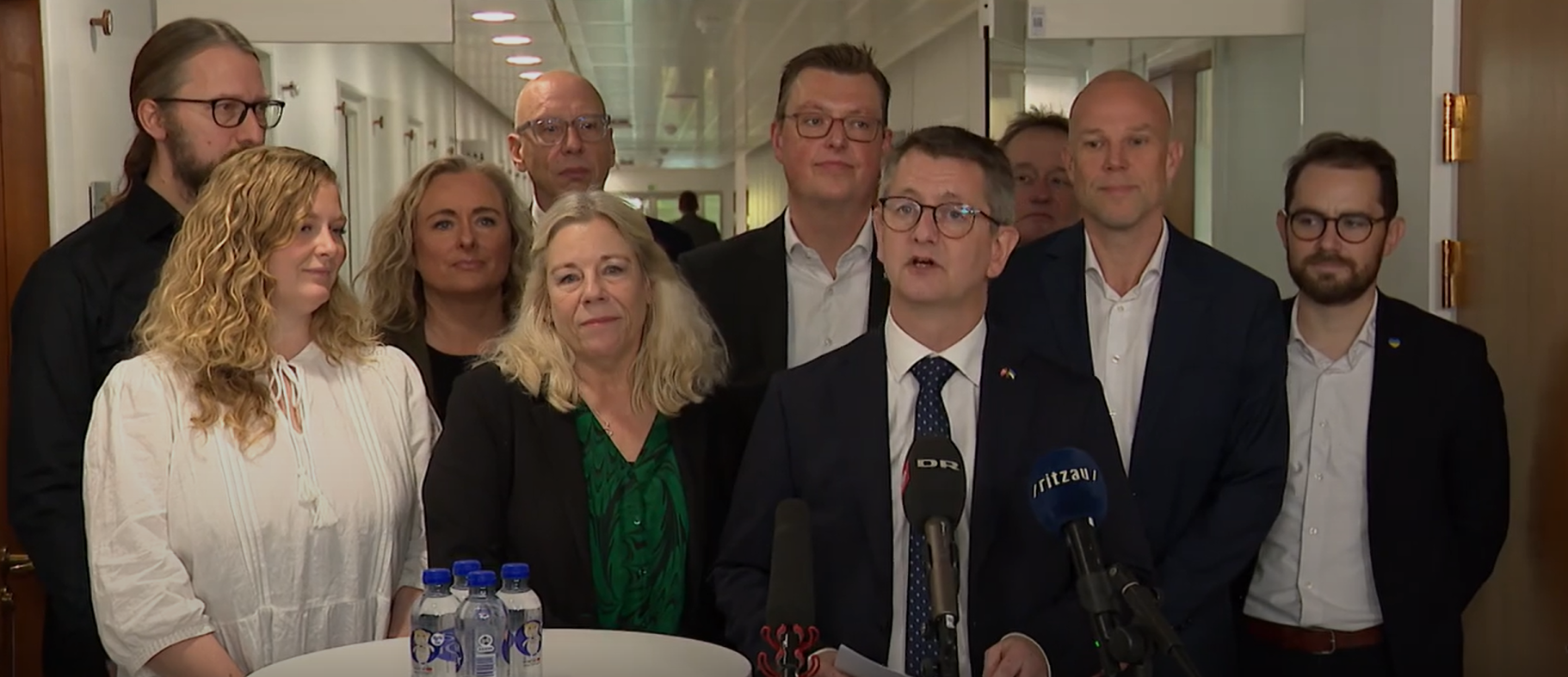Greenland voters yesterday put the self-governing territory on a course towards greater autonomy and higher taxes for foreign mining companies establishing operations there.
The election’s biggest winner was the socially-democratic oriented Siumut party, which will return to power after a four-year absence after garnering nearly 43 percent of the vote, giving it 14 seats in the 31-seat parliament.
Incumbent premier Kuupik Kleist and his Inuit Ataqatigiit (IA) party received just over 34 percent, leaving it with 11 seats.
Should Siumut leader Aleqa Hammond be able to form a coalition, she would become the country’s first female premier.
Hammond said she will start those negotiations after she meets with party officials, perhaps as early as tomorrow. She declined to hint at which party she would approach first about forming the new government.
The results were viewed as a stinging rebuke of Kleist’s policies.
“There has been too much secrecy about mining projects and too many problems for fishermen,” Hammond told the press.
Kleist countered that his party had been punished for making tough and often unpopular decisions.
“I am responsible,” he said. “Our defeat is the result of the tough decisions we have had to make.”
Kleist added that IA did not do enough to combat what he called misinformation spread by Siumut during the campaign.
Siumut is the sister party of Denmark’s Socialdemokraterne, while IA is affiliated with Socialistisk Folkeparti. Questions have been raised about the possibility of the two parties banding together to create a coalition much the same as their counterparts have done in Copenhagen.
Kleist and Hammond were bitter rivals during the campaign and Hammond declined to say whether she would seek to unite with IA.
“The most important thing for us is to work with someone who also views citizen involvement as the most important thing,” she said, referring to concerns that Greenlanders have not be sufficiently consulted about planned mining operations. “Development must be fair to all Greenlanders – both those in villages and those in cities.”
Development was the central issue of the election. As climate change thaws the sea ice around the island and creates new Arctic shipping routes, Greenland has emerged as a place of interest to governments worldwide lusting after its untapped mineral potential and offshore oil and gas.
Kleist’s government opened up Greenland to oil and mining companies, promising that development would create improved infrastructure, jobs and, most of all, wean the territory off its 3.5 billion kroner annual grant from Copenhagen.
Many of Greenland’s inhabitants fear change may be coming too fast, however. Development also carries with it worries of environmental damage that could undermine Greenland’s traditions of hunting and fishing.
The election can also be viewed as a referendum on Greenland’s desire to completely free itself from Danish rule. Even after being granted increased autonomy in 2009, the island’s government still must defer to Copenhagen on decisions about foreign policy, defence and security.
Greenland is far from financially self-sufficient and the annual block grant accounts for more than half of its national income. The more revenues Greenland earns from mining or oil, the more control it has over its economic future.
Many Greenlanders want to use the island’s mineral resources as a way to reduce dependency on Denmark, and during the campaign, Hammond spoke often about wanting to cut ties with the territory’s former colonial master.
Voter turnout was 74.2 percent, up from 71.3 percent in the 2009 election that saw Siumut lose power for the first time since direct elections were implemented in 1977.
Fact file | Greenland election results
– Siumut: 42.8 percent (+16.3)
– Inuit Ataqatigiit (IA): 34.4 percent (-9.3)
– Atassut: 8.1 percent (-2.7)
– Partii Inuit: 6.4 percent (+6.4)
– Democrats: 6.2 percent (-6.5)
– Kattusseqatigiit Partiiat: 1.1 percent (-2.7)
(Figures in brackets indicate increase or decline compared with 2009 general election)











